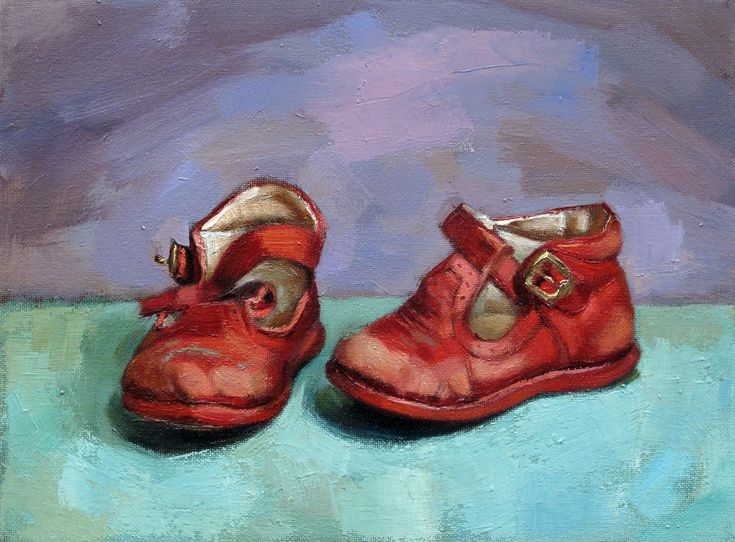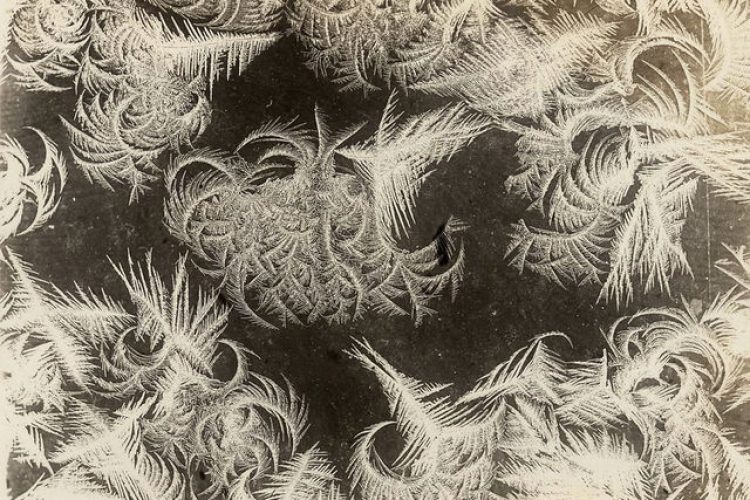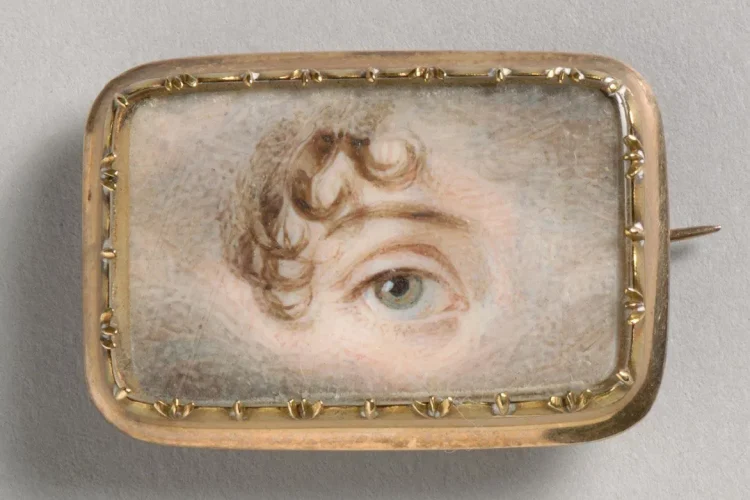Struggling Parent, United States
Dear Poetry Clinic,
I keep losing my temper with my 8-year old child. I want to be a more patient person. I tell myself that I will not lose my temper. And then something happens–the kid says something that just gets me, and I snap and get stern, the kid cries, and then I feel awful about my parenting. I can see that children need love more than anything, that they need to be offered ways to grow without “mind-forged manacles” of adult madness. And yet my aspirations do not coincide with the reality of my parenting. The bridge between who I want to be and who I am does not stretch across the way. Please send a poem.
Sincerely,
Struggling Parent
MNP:
Many years ago I kept African Violets. They are such lovely plants, compact yet tending to the opposite in the expansion of their leaves, cradling the crown of flowers. I would imagine them in their natural habitat in East Africa—they were first seen by a Westerner in Tanzania in 1892 and brought back to Europe—covering the ground with their blue and violet hues that wander into lavender, pink and even white. In my home they grew under lights on a wall fixture I had set up in my kitchen. At that time I also had three children. Over the years I cultivated these lovely plants I soon realized that they required of me very similar qualities, activities and actions—patience, regular nourishment—in the case of the plants light (fluorescent), water and some nutrients occasionally. And no, I didn’t talk to them, but I did love them. Children of course require a bit more than that—education, entertainment, exercise and so on. But in a word, they, the plants and my children, both required attention—my attention and a similar kind of attention. As did my writing and, in particular, poetry. The word attention, if broken down to its Latin origins, literally means stretching towards, and as I write this I see in my mind’s eye my African Violets stretching their leaves out to me, and my children stretching their arms out to me and my writing also stretching out to me, and my stretching and stretching out to them. I eventually chose to give up my plants: I was being stretched too thin. Parenting can seem, and often is, thankless task and we will and often do fall short. But I’m reminded of the phrase “the good enough mother” by the well respected British paediatrician and psychoanalyst D. W. Winnicott in his book Playing and Reality. In other words, one doesn’t need to be the perfect parent. And interestingly enough, I’ve recently found out African Violets do quite well as long as their basic needs are met. Why then did I feel the weight of caring for them so much? But being in attention—vis-a-vis paying attention—directed towards ourselves even as we witness our falling short and being good enough; even as we witness that we are maybe flailing and so failing the other, be they child, spouse or friend, perhaps that opens us to alternatives. To understanding that poetry is always about being and stretching out to ourselves and to others, like the African Violets did. With that in mind I thought to share a poem for your child (and for you if you care to read it with them); a poem filled with whimsy, flight and delight that asks for their attention: what did the boy who stood in his shoes wonder, and what did the poet mean by saying that he “stood in his shoes”? All poetry needs attention, that stretching out on our part, to yield the secrets that my African Violets yielded. And childhood is its own secret poem that stretches out forever; is attention itself in growth and flight and whimsy. Like the African Violet. For you I offer the poem “testament” from two-headed woman by Lucille Clifton and in particular the third stanza of that poem that begins: “mother, i am mad./we should have guessed/a twelve-fingered flower/might break. my knowing flutters to the ground.” So often our knowing flutters to the ground. Can we perhaps pay attention to the fluttering, a form of stretching out, more so than the ground?
There Was a Naughty Boy
There was a naughty boy,
And a naughty boy was he,
For nothing would he do
But scribble poetry—
He took
An inkstand
In his hand,
And a pen
Big as ten
In the other.
And away
In a pother
He ran
To the mountains
And fountains
And ghostès
And postès
And witches
And ditches,
And wrote
In his coat
When the weather
Was cool—
Fear of gout—
And without
When the weather
Was warm.
Och, the charm
When we choose
To follow one’s nose
To the north,
To the north,
To follow one’s nose
To the north!There was a naughty boy,
-John Keats
And a naughty boy was he,
He ran away to Scotland
The people for to see—
Then he found
That the ground
Was as hard,
That a yard
Was as long,
That a song
Was as merry,
That a cherry
Was as red,
That lead
Was as weighty,
That fourscore
Was as eighty,
That a door
Was as wooden
As in England—
So he stood in his shoes
And he wondered,
He wondered,
He stood in his shoes
And he wondered.
testament
in the beginning
was the Word.the year of Our Lord,
amen. i
lucille clifton
hereby testify
that in that room
there was a light
and in that light
there was a voice
and in that voice
there was a sigh
and in that sigh
there was a world.
a world a sigh a voice a light and
i
alone
in a room.incandescence
formless form
and the soft
shuffle of soundwho are these strangers
peopleing this light?lucille
we are
the Lightmother, i am mad.
we should have guessed
a twelve-fingered flower
might break. my knowing
flutters to the ground.mother i have managed to unlearn
my lessons. i am left
in otherness. mothersomeone calling itself Light
has opened my inside.
i am flooded with brilliance
mother,someone of it is answering to
-Lucille Clifton
your name.






